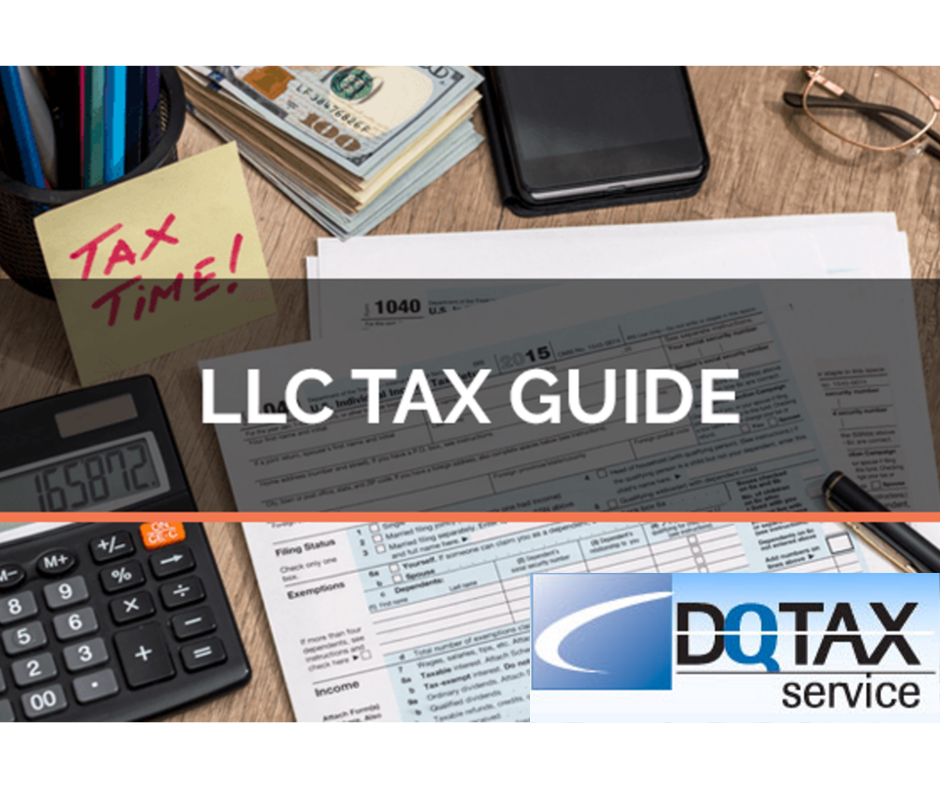Get Help Starting a Business by starting your own LLC company!
Get Help Starting a Business
START AN LLC WITH THESE EASY STEPS:
Starting your Limited Liability Company
If you want to start a business, forming a Limited Liability Company — or LLC — could be a great choice. LLCs are designed to be simple and inexpensive to setup, and are easy to run. They have many of the advantages of larger businesses and corporations without all of the rules, regulations and legal compliance commonly found with other business entities. LLCs are registered with the government in your state.
Many small business owners decide to set up an LLC for the liability protection it provides. An LLC, or limited liability company, exists separately from its owners (known as members), and the owners are therefore not personally responsible for business debts. LLCs are generally easier to set up and more flexible than corporations, and they tend to have fewer ongoing reporting requirements.
Creating an LLC: How to Set Up Your New LLC Business
There are six easy steps you need to take when setting up an LLC:
1. Name Your LLC
First, you’ll need to create an original name for your new business. The name of your LLC must comply with the rules of your state’s LLC division. (Typically, this office is combined with the corporations division within the secretary of state’s office.) While requirements differ from state to state, generally:
- the name cannot be the same as the name of another LLC on file with the LLC office
- the name must end with an LLC designator, such as “Limited Liability Company” or “Limited Company,” or an abbreviation of one of these phrases (such as “LLC,” “L.L.C.,” or “Ltd. Liability Co.”), and
- the name cannot include certain words prohibited by the state, such as Bank, Insurance, Corporation or City (state rules differ on which words are prohibited).
2. Provide the Address for Your New LLC
Each LLC will need to have a designated business address. If you’re running a company from home, this can be the same as your home address. If you’re renting office space, it can be where your office is located. If you have multiple locations, it would be the address where your “head office” is. This will vary as some states will permit a PO Box.
3. Assign a Registered Agent for Your LLC
Every LLC must have a registered agent. For small LLCs, this is generally the same person as the managing director or owner.
For small LLCs, this is generally the same person as the managing director or owner. The member — or owner — of an LLC can also serve as the registered agent, but some members will prefer to assign those responsibilities to another individual or company. The registered agent is simply the person who receives official legal and tax correspondence.
4. Provide the Names and Addresses of LLC Members
The LLC members are typically the people who own and run the business. They are also the ones who can take profits out of the business to pay themselves. Most states require you to list the names and addresses of all members when you register the LLC. You can register these addresses as street addresses or P.O. boxes.
5. State the Purpose of Your LLC
Some states require you to explain the purpose of your company. This does not limit you to engaging solely in that type of business — It’s fine to expand into new areas later on.
6. File the Articles of Organization
After settling on a name, you must prepare and file “articles of organization” with your state’s LLC filing office. While most states use the term “articles of organization” to refer to the basic document required to create an LLC, some states call it a “certificate of formation” or “certificate of organization.” At DQ Tax Service we can do this on your behalf.
Filing Fees
One disadvantage of forming an LLC instead of a partnership or a sole proprietorship is that you’ll have to pay a filing fee when you submit your articles of organization. In most states, the fees are modest — typically around $100. A few others take a bigger bite: California, for example, charges an $800 annual tax on top of its filing fee.
Who Can Start an LLC?
Most people in good legal standing are able to form an LLC. You should consider creating an LLC if you want to limit your personal liability and personal exposure. Forming an LLC protects your personal assets from any claims or debts your business has against it.
It’s important to note that not all businesses can operate as LLCs. For example, businesses dealing with banking or insurance are typically prevented from forming as an LLC. There are also restrictions from state to state, for example California prevents some types of professionals from starting LLCs. To learn more about the specific regulations in your state when starting your LLC, research your LLC state rules and regulations.
How to Create an LLC without Breaking the Bank
DQ Tax Service provides a cost effective service to help you create your LLC. We guide you through the process and handle most of the administrative steps, such as filing the articles of organization, on your behalf. If you’re looking for help to start an LLC, our comprehensive package services provide outstanding value.
Contact DQ Tax Service for your free business consultation to get started!
1-443-690-8648 / dqueen@dqtaxservice.com
